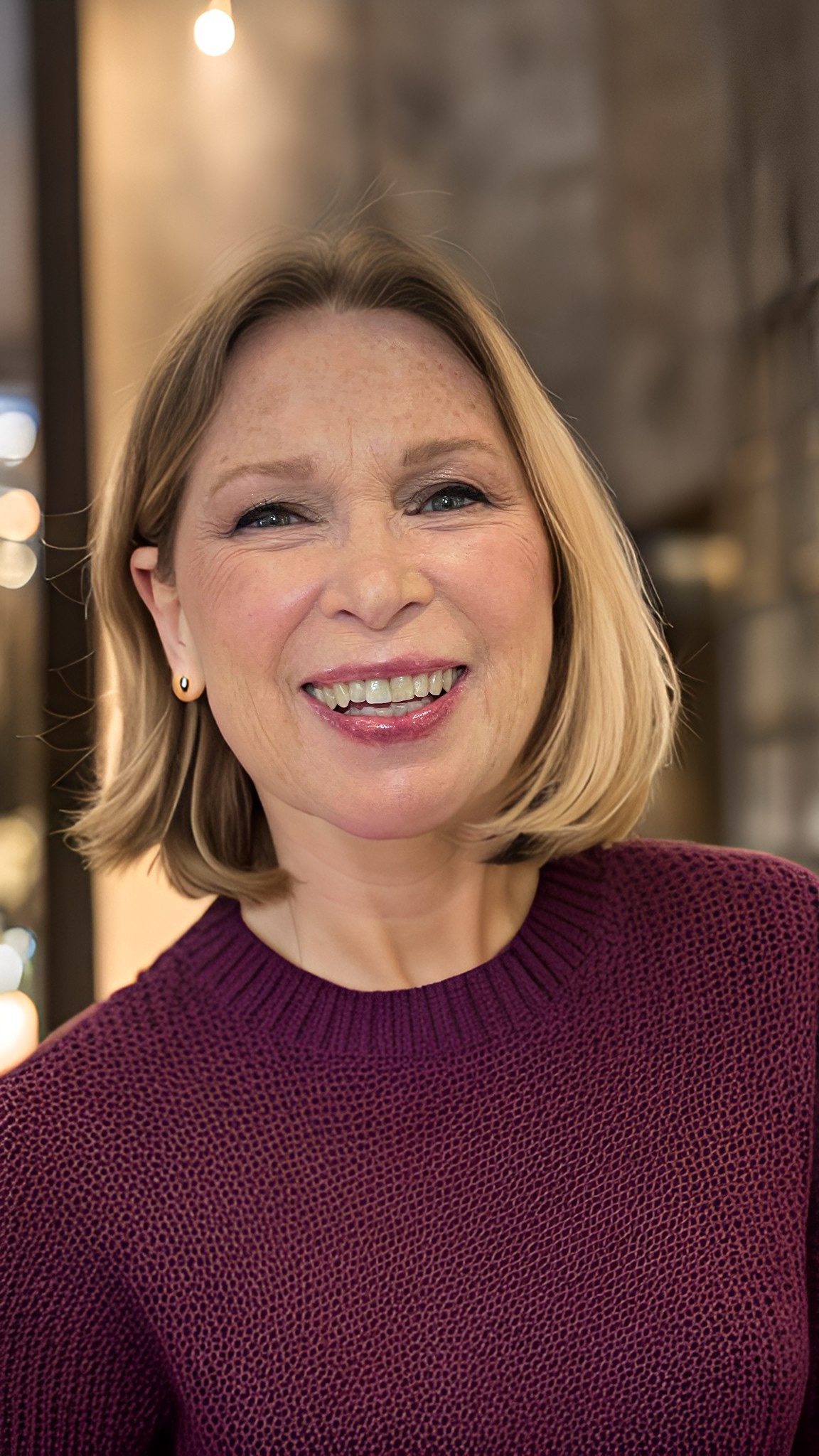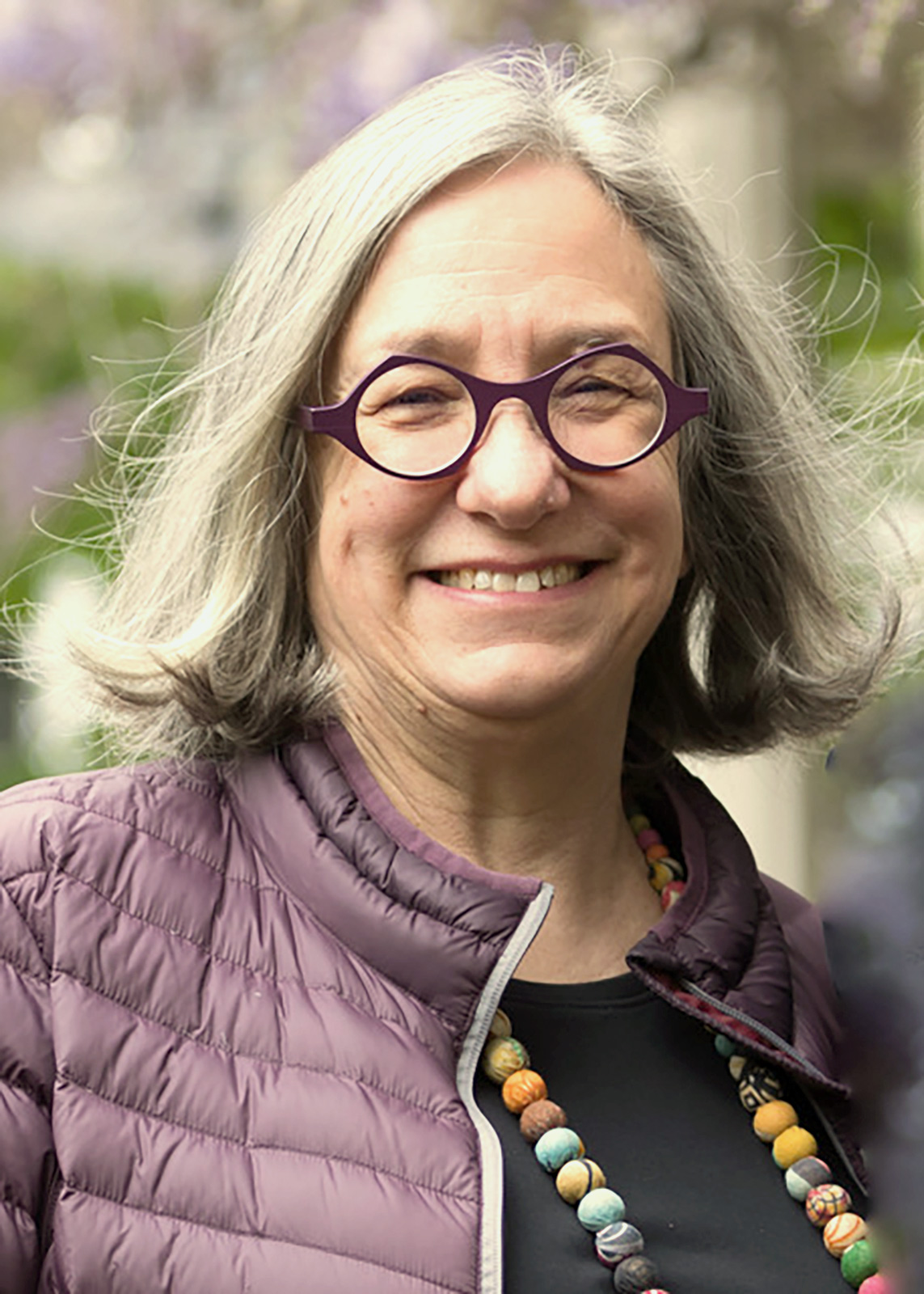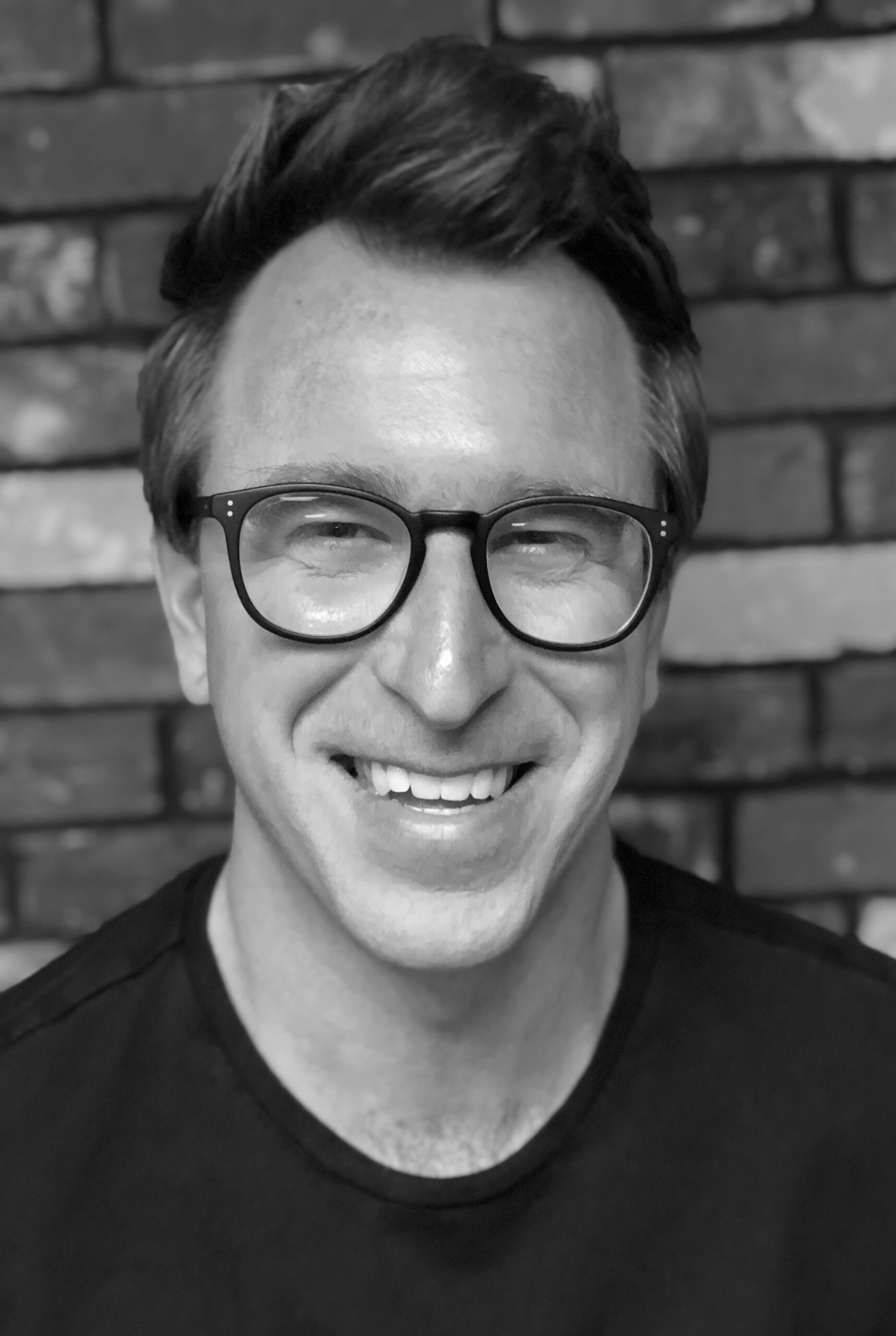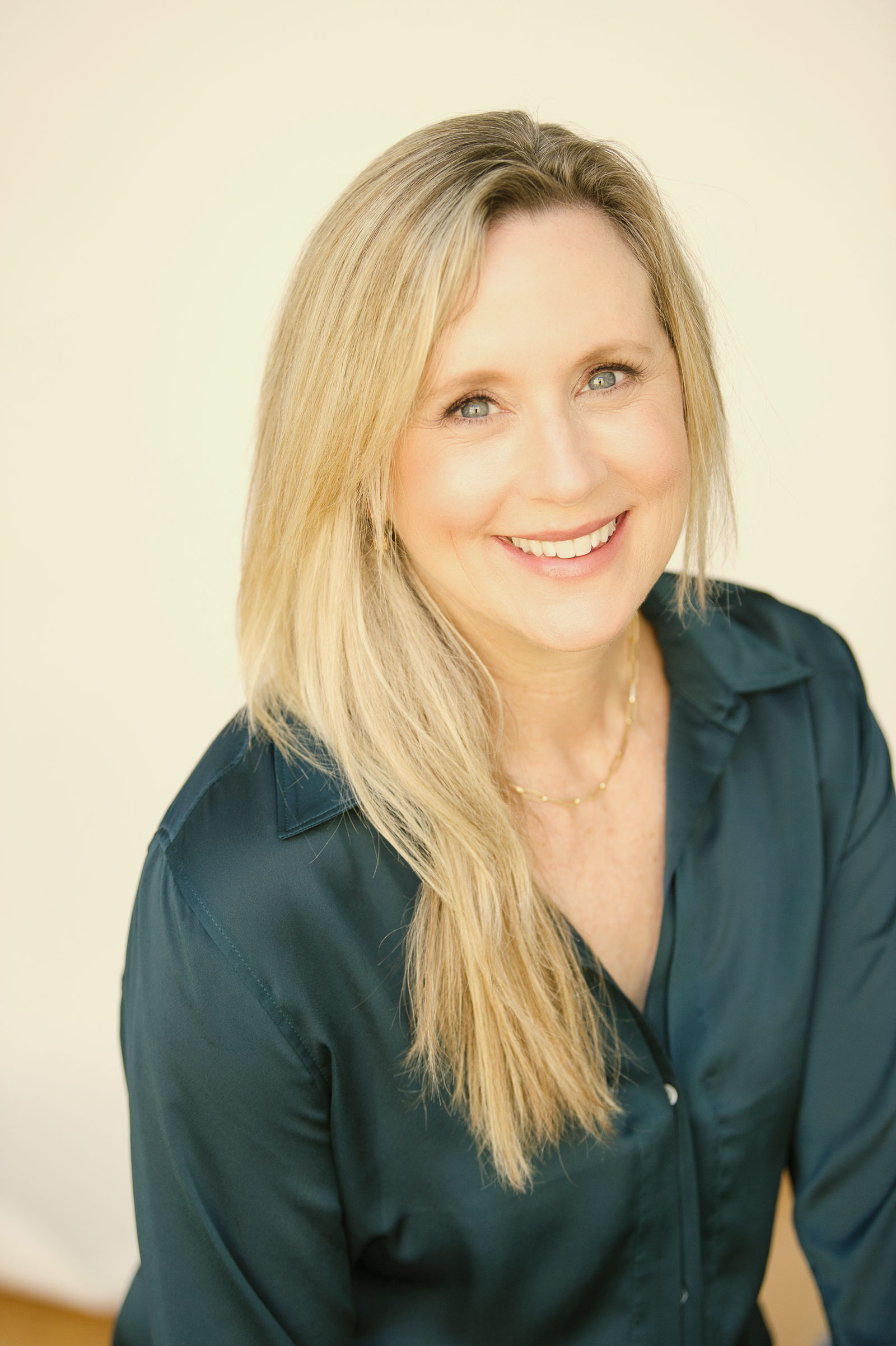Program Overview
Prepare for a rewarding career as an educator, collections manager, museum technologist, or exhibit designer in the Museum Studies Master’s Degree Program. Museum jobs are expected to grow faster than the average for the next several years, according to the Bureau of Labor Statistics. In the museum studies program, you’ll develop programs, care for artifacts, use technology, or design exhibits to bring art, science, and history to diverse audiences.
Program Benefits
-
Customizable online curriculum and small classes
-
A faculty of museum experts, including Harvard museum directors
-
Personalized academic and career advising
-
Exclusive access to Harvard libraries and museums
-
Paid research and internship opportunities
-
Harvard Alumni Association membership upon graduation
Customizable Course Curriculum
The museum studies master’s degree program — through online discussions, group projects, and other collaborative activities — allows you to experience the convenience of online learning as well as the immersive benefits of in-person learning.
As you work through the 10-course program, you’ll take core courses to deepen your knowledge of essential topics such as the theory that informs museum practice, types of museums and their objectives, and how museums can create meaning and invite interpretation.
You’ll then build on that foundation by selecting elective courses that focus on your interests — for example, collections care, museum data systems, or exhibition design. The program culminates with a capstone project.
9 Online Courses
- Primarily synchronous
- Fall, spring, January, and summer options
On-Campus Experience
Join faculty and peers in person for an applied active learning elective, choosing between an accelerated or standard pace:
- 2 weekends (1 in fall and 1 in spring)
- 3 weeks in January or summer session
Capstone Project
You’ll complete a project focused on solving a real-world problem for the museum profession.
Admissions
The path to your degree begins before you apply to the program.
First, you’ll register for and complete 2 required courses, earning at least a B in each. These foundational courses are investments in your studies and count toward your degree, helping ensure success in the program.
Next Start Term: Spring 2025
Enroll for your first admission course this spring. Course registration is open November 4, 2024–January 23, 2025.
To get started, explore degree requirements, confirm your initial eligibility, and learn more about our unique “earn your way in” admissions process.
Earning a Stackable Certificate
As you work your way toward your master’s degree, you can take courses that also count — or “stack” — toward a graduate certificate. It’s a cost-effective, time-saving opportunity to build specialized skills and earn a professional credential along the way to your degree.
For each certificate, you can choose courses that best fit your goals.
Stackable graduate certificates include:
A Faculty of Museum Experts
Studying at Harvard Extension School means learning from the world’s best. Our instructors are experts in the business of museums, creating exhibits, caring for collections, and more. They bring a genuine passion for teaching, with students giving our faculty an average rating of 4.6 out of 5.
Our Community at a Glance
Our students in the Museum Studies Master’s Degree Program are established professionals looking to deepen their expertise, advance their careers, or change careers. Approximately half of the students enrolled in the program have professional experience in the field and work across various industries.
-
36
Average Age
-
1
Course Taken Each Semester
-
68%
Work Full Time
-
97%
Would Recommend the Program
-
55%
Professional Experience in the Field
-
Most
Pursued for Career Change

Career Opportunities & Alumni Outcomes
Our museum program graduates work in art galleries, museums, historical societies, universities, and other institutions with archived materials and noteworthy objects, such as the Boston Red Sox.
Some alumni continue their educational journeys and pursue further studies in other nationally ranked degree programs, including those at Columbia University, Massachusetts Institute of Technology, New Hampshire Institute of the Arts, and Yale University.
Our alumni hold job titles such as:
- Curatorial Research Associate
- Exhibitions and Collections Manager
- Museum Director
Our alumni work at a variety of leading organizations, including:
- Isabella Stewart Gardner Museum
- The Met
- Smithsonian
Career Advising and Mentorship
Whatever your career goals, we’re here to support you. Harvard’s Mignone Center for Career Success offers career advising, employment opportunities, Harvard alumni mentor connections, and career fairs such as the Harvard Humanities, Media, Marketing and Creative Careers Expo.
Your Harvard University Degree
Upon successful completion of the required curriculum, you will earn the Master of Liberal Arts (ALM) in Extension Studies, Field: Museum Studies.
Expand Your Connections: the Harvard Alumni Network
As a graduate, you’ll become a member of the worldwide Harvard Alumni Association (400,000+ members) and Harvard Extension Alumni Association (29,000+ members).
Tuition & Financial Aid
Affordability is core to our mission. When compared to our continuing education peers, it’s a fraction of the cost.
| Our Tuition (2024–25 rate) | $3,340 per course |
|---|---|
| Average Tuition of Peer Institutions | $4,330 per course |
| Average Total Cost | $33,400 |
After admission, you may qualify for financial aid. Typically, eligible students receive grant funds to cover a portion of tuition costs each term, in addition to federal financial aid options.
Learn more about the cost of attendance.
FAQs
How do I know if the museum studies master’s program is right for me?
Choosing the right master’s program requires careful consideration, so it will depend on your unique life circumstances and goals.
However, if you aspire to work in museums, cultural institutions, or art galleries — or related fields, like historic preservation, education, or curation — the Museum Studies Master’s Degree Program at Harvard Extension School may be right for you.
How will the museum studies master’s program help me advance in my career?
A graduate degree in museum studies will provide you with an advanced understanding of the field and help you develop the skills and knowledge required to excel in various roles within museums, cultural organizations, and the heritage sector.
Many employers prefer — or even require — candidates with advanced degrees for higher-level roles. If you aspire to become a leader in your institution, a master’s degree in museum studies may be essential for advancing your career.
How long will it take me to complete the program?
Program length is ordinarily anywhere between 2 and 5 years. It depends on your preferred pace and the number of courses you want to take each semester.
For an accelerated journey, we offer year round study, where you can take courses in fall, January, spring, and summer.
While we don’t require you to register for a certain number of courses each semester, you cannot take longer than 5 years to complete the degree.



